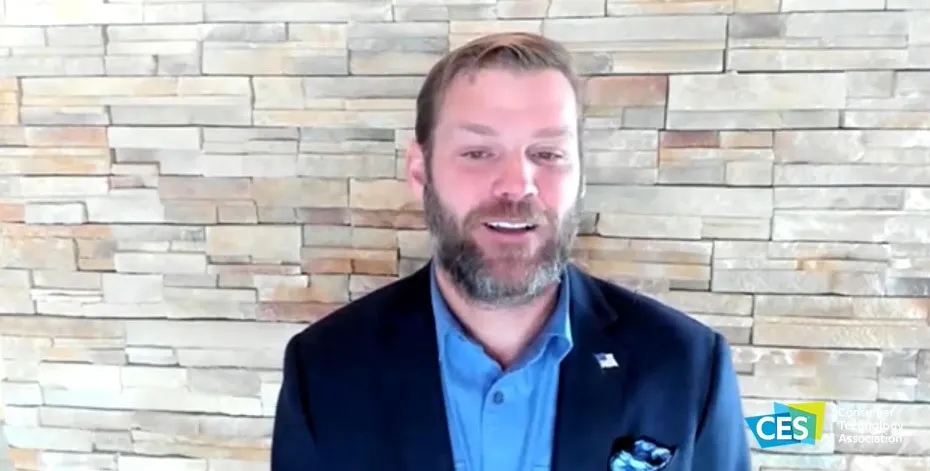
Cities must take greater advantage of connectivity to solve the varied challenges they face, according to Derek Peterson, chief technology officer at Boingo Wireless.
Speaking during an online session at CES 2021 this week, he said: “If you think about, traffic gridlock is an issue because of more people in an area."
“So self-driving cars, smart traffic lights, high-speed trains; these...need to be connected solutions to solve that.”
Boingo provides mobile internet access for wireless-enabled devices, and Peterson insisted that connectivity helps eliminate some of the friction that develops as urbanisation increases.
During a session called Connected Cities: Only as Good as Their Connectivity, Lauren Love-Wright, vice president of network partnerships at Verizon, pointed out that operations in a city can be improved by taking advantage of technology to solve specific community needs.
“For example, Oklahoma city were having a traffic congestion city, so we worked on a wireless private network where we used wireless technology put in private network and routers and helped them manage their traffic,” she added.









